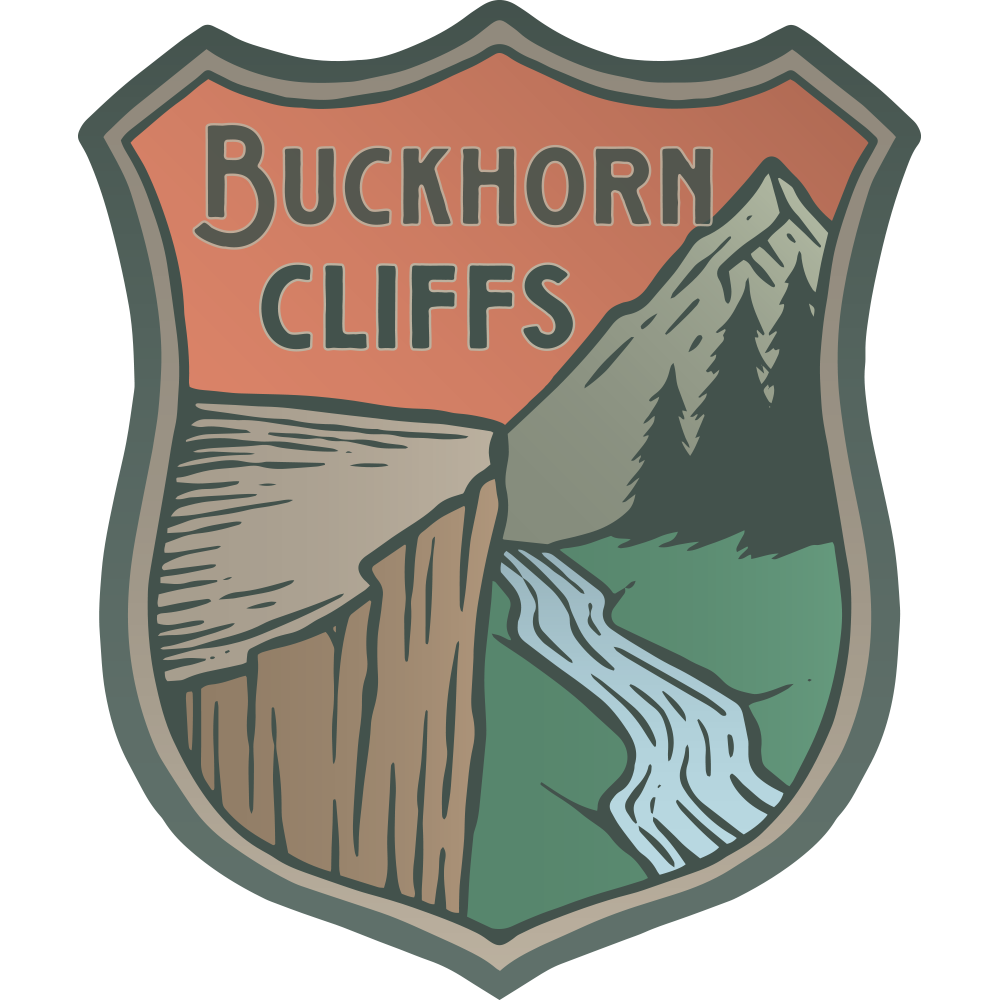Used in survival situations to draw out venom, toxins, pus, or infection from the skin when medical care is unavailable or delayed.
A combination of activated charcoal and bentonite clay creates a powerful drawing poultice that pulls irritants from the skin. This mixture is commonly used in field medicine and herbalist practice to treat insect bites, spider bites, boils, abscesses, and even minor skin infections. Bentonite clay helps soothe inflammation while charcoal binds to toxins and helps extract them from the surface. When stored correctly, both ingredients have an indefinite shelf life, making them excellent additions to long-term first-aid and off-grid preparedness kits.
Ingredients:
- Activated Charcoal Powder (pure, food-grade; no fillers or additives)
- Bentonite Clay (calcium or sodium bentonite; pure and unfragranced)
- Clean water (boiled, filtered, or disinfected)
- Non-metallic container (glass, ceramic, or thick plastic cup)
- Measuring spoons
- Non-metallic stirring utensil (plastic or wooden spoon)
- Clean gauze or cloth bandage (for covering the poultice)
How to Use It:
Drawing Poultice for Bites, Stings, or Infections
- In a non-metallic container, mix:
- 1 teaspoon of activated charcoal powder
- 1 teaspoon of bentonite clay
- Add just enough clean water (½ to 1 teaspoon at a time) to form a thick paste.
- Apply the paste directly to the affected area (bite, sting, boil, infected skin).
- Cover with clean gauze or cloth to hold it in place.
- Leave on for 1 to 2 hours, then rinse and reapply with a fresh batch if needed.
- Repeat 2–3 times per day until symptoms improve or resolve.
Warnings:
- Always use clean water and clean materials to avoid contamination.
- Do not apply to deep puncture wounds, open surgical wounds, or serious infections without medical supervision.
- Avoid using metal bowls or utensils when mixing clay, bentonite may react with metal and reduce effectiveness.
- If redness, rash, or irritation increases, discontinue use and seek medical attention.
- This poultice does not replace systemic antibiotics for serious infections. It is a supportive remedy.
Storage & Shelf Life:
- Activated Charcoal and Bentonite Clay both have an indefinite shelf life when stored properly.
- Keep powders in airtight glass containers, in a cool, dry, odor-free location.
- Avoid exposure to moisture, strong fumes, or chemicals, which can degrade performance.
- Optional for long-term kits: include small desiccant packets inside sealed containers to maintain dryness.
